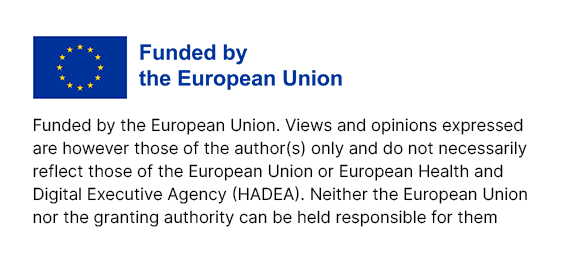CLAIM
The World Health Organisation (WHO) has warned that table salt consumption will cause more than one billion deaths by 2030 (HERE).
VERDICT
It is not true. Although the World Health Organisation encourages member countries to reduce salt consumption, it has never projected such an alarming number of deaths.
LIE DETECTOR’S COMMENTARY
Earlier this year, the World Health Organisation compiled and presented the first-ever global report on reducing sodium intake. Its findings reveal that the world is failing at achieving the goal to reduce sodium consumption by 30% by 2025.
While all 194 WHO member countries have committed to the target set in 2013, only 5% of them, or 9 countries, have already implemented comprehensive sodium reduction policies, the report says.
„Progress has been slow, and only a few countries have succeeded in reducing their population’s sodium intake, but none have reached the target,“ said Francesco Branca, Director of the WHO’s Department of Nutrition and Food Safety. The organization is now considering extending the target to 2030.
Sodium is an essential nutrient, but excessive intake increases the risk of heart disease, stroke, and premature death, leading to nearly 2 million deaths worldwide each year, according to the Institute for Health Metrics and Evaluation.
That is the reason the WHO report warns that 7 million people could die from diseases linked to excessive salt consumption by the end of this decade (2030) unless member states adopt stricter salt restrictions immediately.
The WHO has called on governments to implement stricter sodium limits for food, label sodium content on packaging more clearly, and to raise public awareness of the health risks of consuming high levels of salt.
According to the WHO, excessive table salt consumption is one of the causes of cardiovascular diseases, which kill 17.9 million people annually. It is also associated with strokes, which kill 5 million people each year, and other serious health issues.
Governments could prevent many of these deaths by imposing mandatory limits on the amount of salt the food industry is allowed to add to processed foods, said Branca.
„It costs nothing. It’s a simple intervention, but it’s incredibly effective,“ Branca added.
Most people around the world consume about 10.8 grams of table salt per day, which is double the amount recommended by both the WHO and the Centres for Disease Control and Prevention. The recommended daily intake is no more than one teaspoon of salt (5 grams).
Sources:

